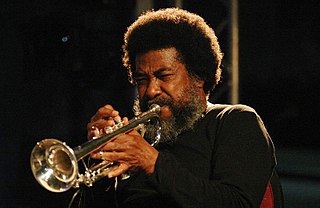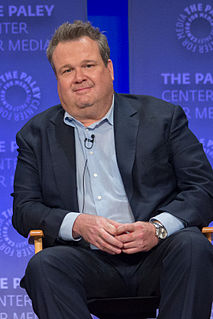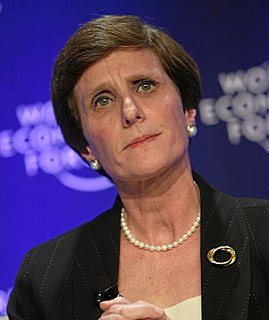A Quote by Jill Soloway
There are multiple shows of record about a late-transitioning patriarch and how the kids are affected, and there are multiple narratives. That narrative on "Keeping up with the Kardashians," the answer is, they're pretty much fine. It's the same sort of story we were telling which is, you know what? Everybody's okay.
Related Quotes
When I first started you would pitch a story because without a good story, you didn't really have a film. Later, once sequels started to take off, you pitched a character because a good character could support multiple stories. and now, you pitch a world because a world can support multiple characters and multiple stories across multiple media.
The films that I loved growing up were the science fiction films from the late seventies and early eighties [films], which were more about the people and how they are affected by the environments that they are in. Whether they are sort of futuristic or alien of whatever they are; that was the science fiction that I loved. So that is what we tried to make, the sort of film that felt like those old films.
I think the part of media that romanticizes criminal behavior, things that a person will say against women, profanity, being gangster, having multiple children with multiple men and women and not wanting to is prevalent. When you look at the majority of shows on television they placate that kind of behavior. If you go through a weekly Monday through Friday, it's all there. It's in how people on the sitcoms and cop shows talk to each other.
There's this great thing called the 'Chitlin' Circuit,' which I started my shows on and back in the day when, you know, Ray Charles and Billie Holiday and Duke Ellington, they couldn't get into white establishments, so they went on this circuit and toured. They were huge stars in their own community, you know, and that's pretty much my same story.


































